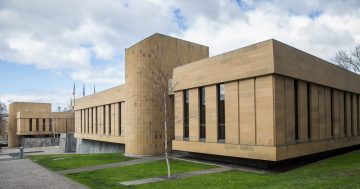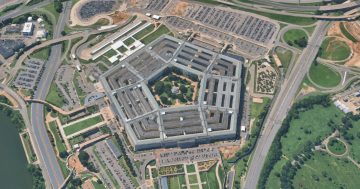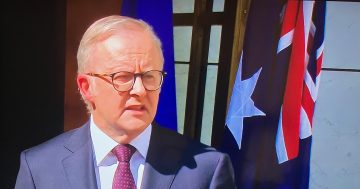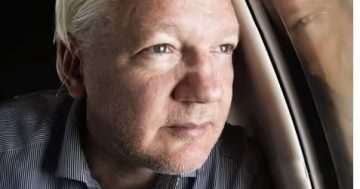 Members of the Commonwealth, including Australia, have been told to reform their laws restricting press freedom and to encourage the media to work freely on all issues of public importance.
Members of the Commonwealth, including Australia, have been told to reform their laws restricting press freedom and to encourage the media to work freely on all issues of public importance.
The appeal was made by delegates of Commonwealth countries during an event hosted on the margins of the 42nd Session of the Human Rights Council in Geneva.
Delegates warned that threats to the free exchange of information undermined human rights and fundamental freedoms.
Permanent Representative of Namibia, Penda Andreas Naanda spoke on reforms countries could implement to guarantee media freedom.
Mr Naanda gave the example of provisions in the Constitution of Namibia that guaranteed media freedom and non-derogation of this right under all circumstances, even during a state of emergency.
“Having media self-regulation along with strong institutions such as media ombudsmen as well as complaints and appeals committees, make it possible for ethics to be adhered to,” Mr Naanda said.
“An independent judiciary that upholds the constitutional guarantee of media freedom is an important safeguard for this fundamental right.”
He said the World Press Freedom Index 2019 showed that none of the Commonwealth countries sat among the bottom 25 nations which offer the least freedom to the press.
In the same list, six Commonwealth countries are ranked among the top 25.
The United Kingdom’s Deputy Permanent Representative, Miriam Shearman (pictured), presented the recommendations of the 2019 Global Conference on Media Freedom which took place in July.
Ms Shearman said the recommendations provided new means to improve the legal system which can protect media freedom.
She told delegates that a pledge was launched at the conference through which Governments could commit to championing media freedom and joining a global coalition.
“There are 26 signatories so far and we are aiming for 40,” Ms Shearman said.
The World Press Freedom Index can be accessed at this PS News link.











